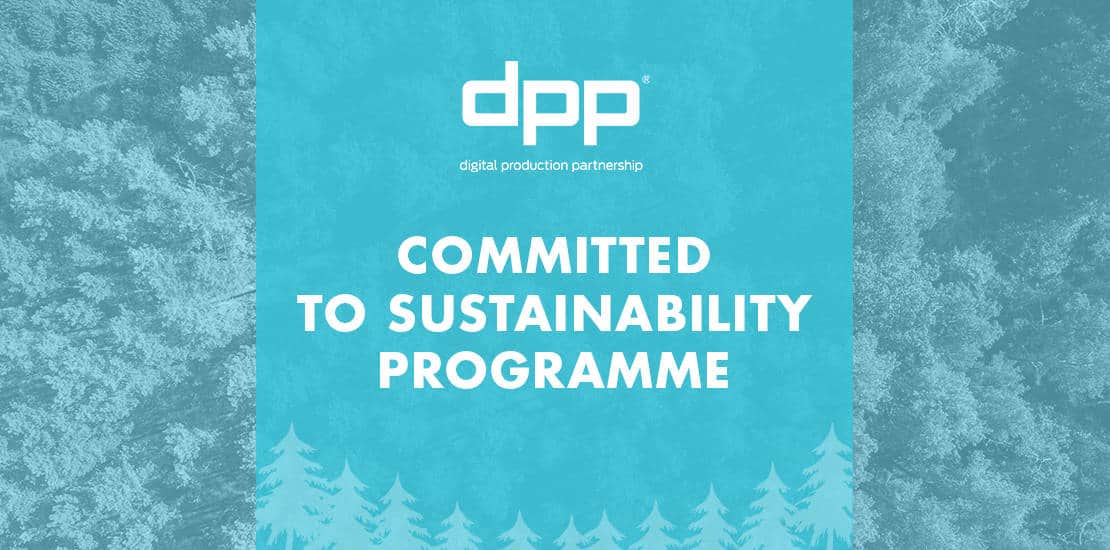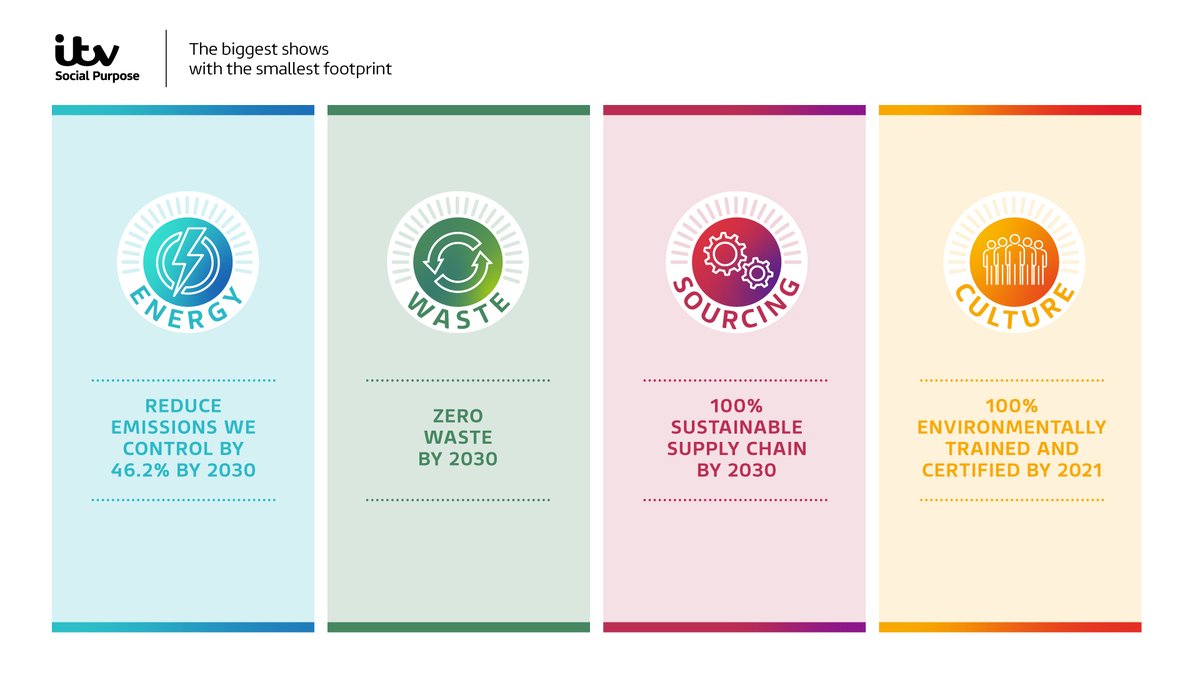Media Businesses turn Green
The Media and Broadcasting industry affects the environment in several ways. The most apparent issues are the usage of greenhouse gas (GHG) emissions, energy use, raw material consumption, and electronic waste. To put this into context: When a global brand displays 40 billion 200kB ad impressions, this can generate up to 8,000 tons of CO2. Embedded in this calculation is a methodology that considers that one GB of data sent across the internet uses 1kg of CO2. As large users of energy, Media and Broadcasting industry do, unfortunately, play a huge part in contributing to the health of the environment in a detrimental way. But rather than ignoring this unfortunate reality, numerous companies are making outstanding moves toward a more sustainable future.
The DPP
For example, The Digital Production Partnership (DPP). This is an organisation that brings together customers and media suppliers to gain valuable insight and collaborate. As a leading media industry association, The DPP host high-quality events on key insights within the media and broadcasting industry. With hundreds of members across industries such as technology, media services, and production, The DPP uses its influence and expertise to educate companies on sustainable strategies they can implement in their operations.
As well as this, in 2019, The DPP developed a ‘Committed to Sustainability’ programme. This is as an initiative for companies across the industry to record their progress in upholding sustainable work processes. “We all have an obligation to take action to address the climate emergency.” says DPP Managing Director, Mark Harrison, “This programme creates a simple and effective means for all media companies to ensure they understand how they can minimise their environmental impact – and record their progress.”
The DPP clearly does a lot for sustainability in the industry. In March 2022, it was even announced that 50 media companies officially joined the programme. Abdul Hakim, the DPP Committed to Sustainability lead highlighted “It’s a great start for our industry but there’s still a long way to go. I’m looking forward to supporting more organisations with their sustainability journey.” Lumina truly looks forward to seeing how much bigger this promising programme becomes.
ITV
ITV is another studio that is making exceptional steps towards a more sustainable environment. Committed to being a zero-waste business by 2030, ITV follows a waste hierarchy of avoid, reduce, reuse, and recycle to reach this goal. With a commitment to also run a 100% sustainable chain by 2030, ITV are ensuring that even their highest environmental risk suppliers meet their criteria by 2025. Lumina commends ITV for not only implementing sustainable measures through their business model but also encouraging a company culture that considers sustainability to be an important aspect of their business. This is done through colleagues completing mandatory, climate crisis training.
ITV’s hard work is yielding good results, as in ITV’s 2021 Social Purpose and Impact Report, they have reduced carbon emissions in its control by 44% and the emissions it influences by 6%. Furthermore, ITV has achieved a CDP (Carbon Disclosure Project) rating of A-, placing its Climate Action approach amongst the top 10% in the world. Needless to say, ITV is presenting itself as a major contributor to climate change within the broadcasting industry. With initiatives like this, it is no surprise that ITV maintains it’s strong and solidified reputation.
It’s great news to hear so many of our clients are taking the Climate Crisis seriously and in these days of rising costs, employment shortages and political turmoil, it’s going to be even more challenging to keep this important topic on the top of the agenda.



